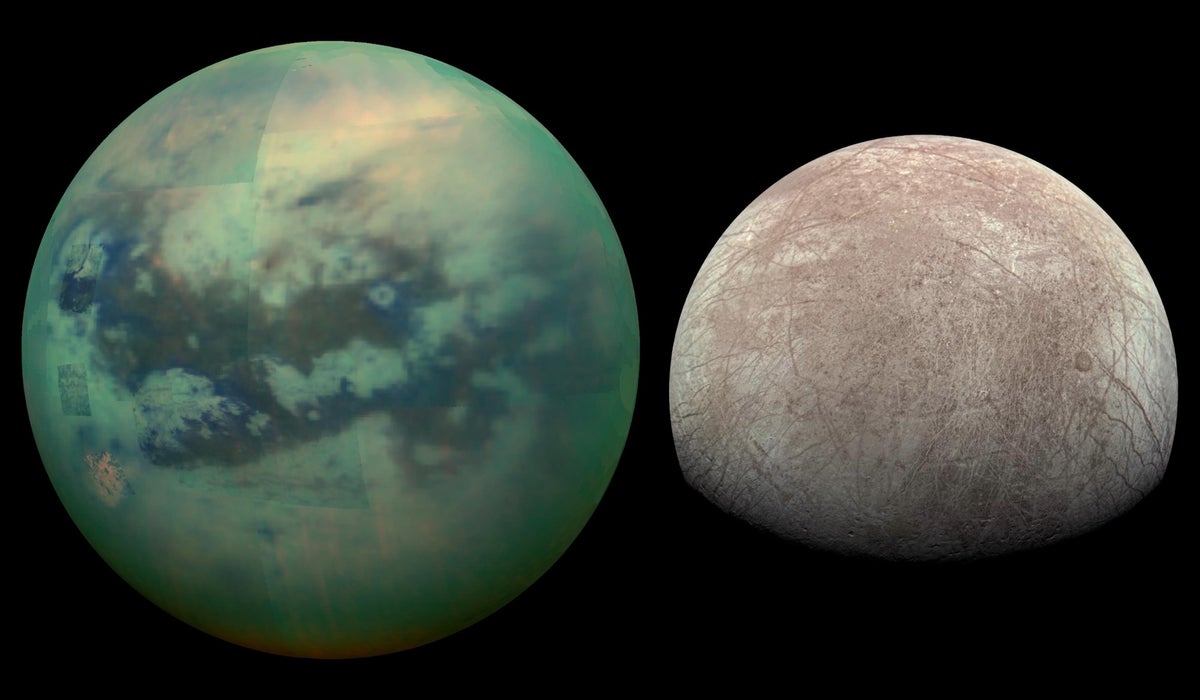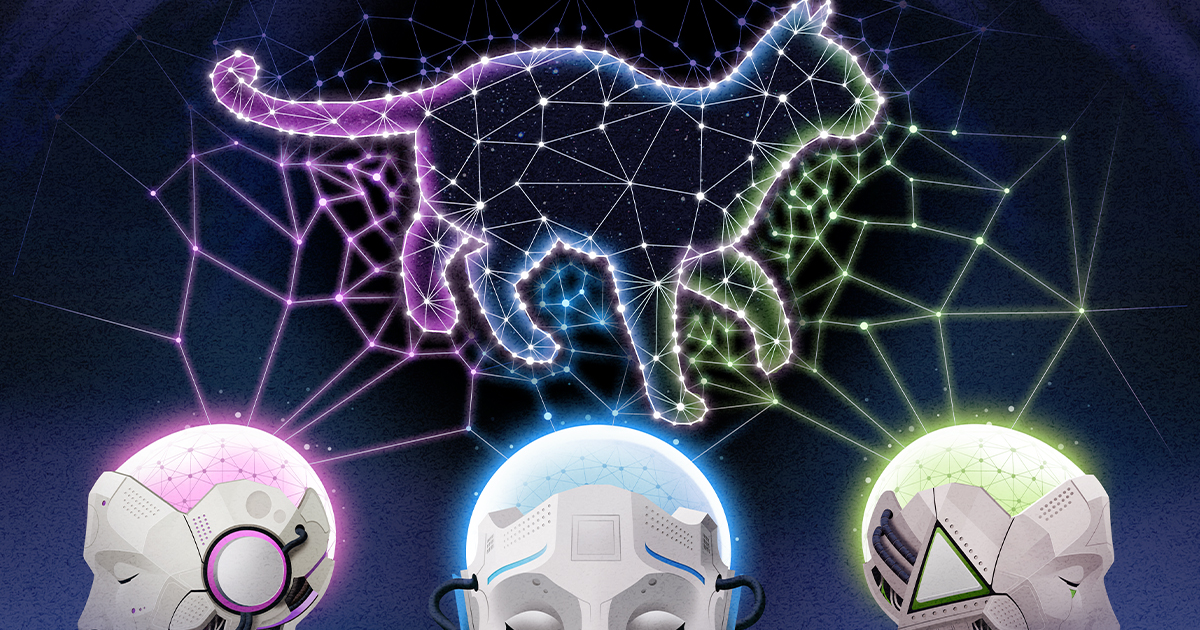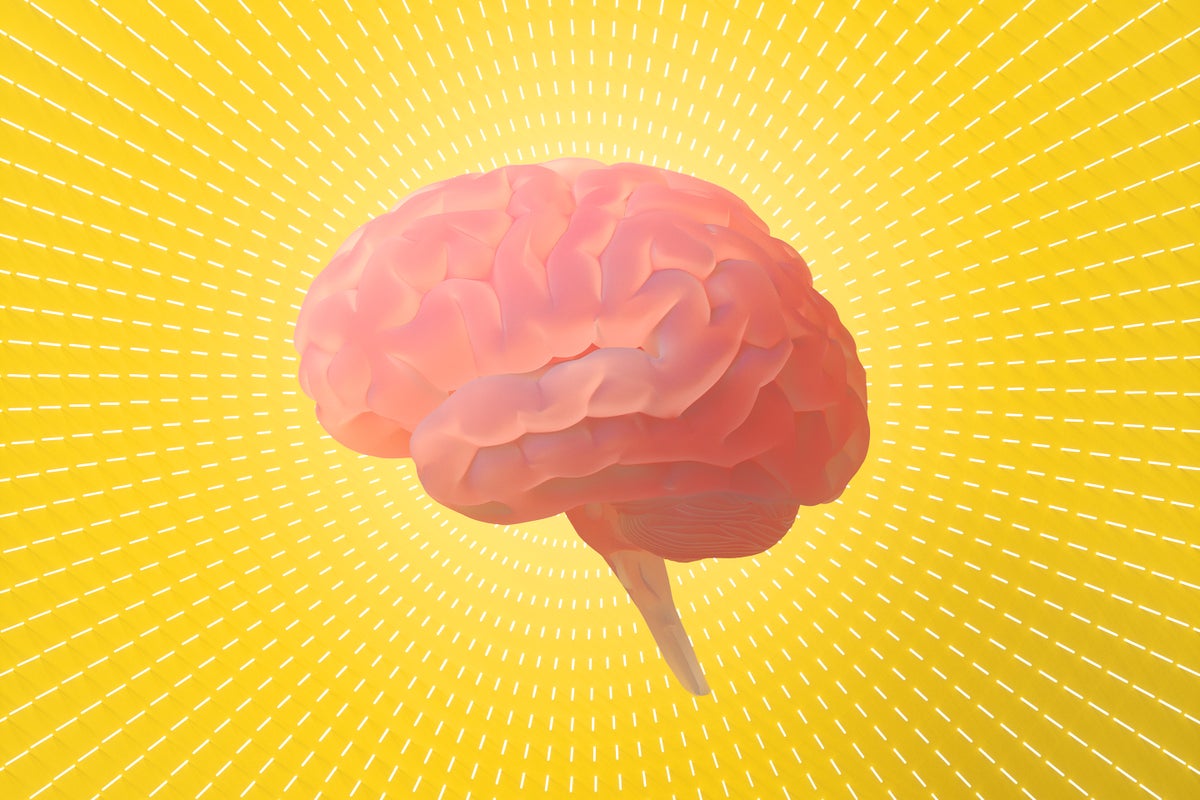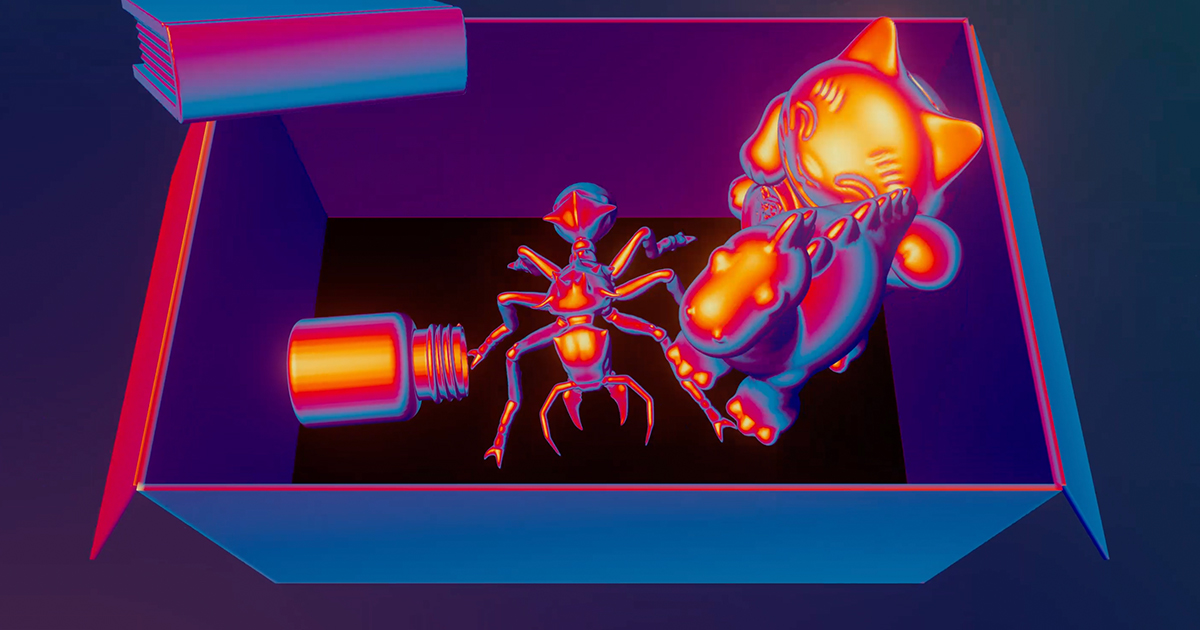December 17, 2025 4 min read Add Us On GoogleAdd SciAm New Views of Solar System Moons Complicate Ocean Worlds Theory Oceans hiding within the crusts of distant moons are tantalizing targets for scientists looking for life beyond Earth By Meghan Bartels edited by Sarah Lewin Frasier Titan (left) and Europa (right). Left: NASA/JPL/University of… Continue reading New Views of Solar System Moons Complicate Ocean Worlds Theory
Tag: Quantum Stuff
Cells Use ‘Bioelectricity’ To Coordinate and Make Group Decisions
While Galvani was later proven wrong in the details, he wasn’t totally off. Virtually every cell on every branch of the tree of life expends a hefty chunk of its energy budget — in some cells, more than half — on maintaining a voltage across its membrane. The voltage difference that results, called the membrane… Continue reading Cells Use ‘Bioelectricity’ To Coordinate and Make Group Decisions
This Planet Is the Shape of a Lemon. That May Be the Least Weird Thing about It
December 17, 2025 2 min read Add Us On GoogleAdd SciAm This Planet Is the Shape of a Lemon. That May Be the Least Weird Thing about It Astronomers using the James Webb Space Telescope have discovered a bizarre-looking exoplanet that defies explanation By Claire Cameron edited by Jeanna Bryner Image courtesy of NASA/ESA/CSA/Ralf Crawford/STScI… Continue reading This Planet Is the Shape of a Lemon. That May Be the Least Weird Thing about It
Using AI, Mathematicians Find Hidden Glitches in Fluid Equations
Nearly 200 years ago, the physicists Claude-Louis Navier and George Gabriel Stokes put the finishing touches on a set of equations that describe how fluids swirl. And for nearly 200 years, the Navier-Stokes equations have served as an unimpeachable theory of how fluids in the real world behave — from ocean currents threading their way… Continue reading Using AI, Mathematicians Find Hidden Glitches in Fluid Equations
Jared Isaacman Confirmed to Head NASA at Pivotal Moment for the Space Agency
December 17, 2025 2 min read Add Us On GoogleAdd SciAm Jared Isaacman Confirmed to Head NASA at Pivotal Moment for Space Science Billionaire Jared Isaacman is taking the reins at NASA at a challenging time for the space agency, as it faces budget cuts and technical hurdles that could scuttle its most ambitious missions… Continue reading Jared Isaacman Confirmed to Head NASA at Pivotal Moment for the Space Agency
Excerpt—The Great Shadow, by Susan Wise Bauer
Adapted from The Great Shadow: A History of How Sickness Shapes What We Do, Think, Believe, and Buy, by Susan Wise Bauer. Copyright © 2026 by the author and reprinted by permission of St. Martin’s Press. CHAPTER 1: THE PRISM Our bodies are the crossroads where our most private selves meet the world outside, the… Continue reading Excerpt—The Great Shadow, by Susan Wise Bauer
Distinct AI Models Seem To Converge On How They Encode Reality
Read a story about dogs, and you may remember it the next time you see one bounding through a park. That’s only possible because you have a unified concept of “dog” that isn’t tied to words or images alone. Bulldog or border collie, barking or getting its belly rubbed, a dog can be many things… Continue reading Distinct AI Models Seem To Converge On How They Encode Reality
The 10 Most Mind-Blowing Discoveries About the Brain in 2025
December 18, 2025 4 min read Add Us On GoogleAdd SciAm The 10 Most Mind-Blowing Discoveries About the Brain in 2025 From glowing neurons to newborn memories, here are the most fascinating brain discoveries of 2025 By Allison Parshall edited by Andrea Thompson Getty Images/Andriy Onufriyenko The human brain has 86 billion neurons connected by… Continue reading The 10 Most Mind-Blowing Discoveries About the Brain in 2025
In Quantum Mechanics, Nothingness Is the Potential To Be Anything
Suppose you want to empty a box. Really, truly empty it. You remove all its visible contents, pump out any gases, and — applying some science-fiction technology — evacuate any unseeable material such as dark matter. According to quantum mechanics, what’s left inside? It sounds like a trick question. And in quantum mechanics, you know… Continue reading In Quantum Mechanics, Nothingness Is the Potential To Be Anything
Igloos on Mars? How Future Astronauts Could Use Ice to Survive
If humans are ever to land on Mars, they will need somewhere to stay—a protective shell that can shield them from the sun’s harsh rays. One possible answer: great, glassy domes of ice. Mars is rich in ice, both on and under its surface—with more predicted to lie farther below its dusty exterior. If future… Continue reading Igloos on Mars? How Future Astronauts Could Use Ice to Survive









